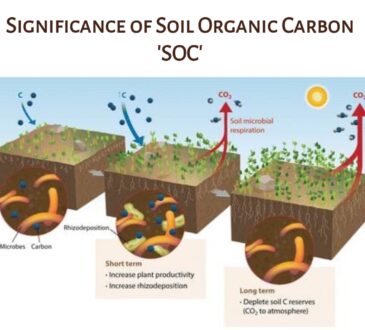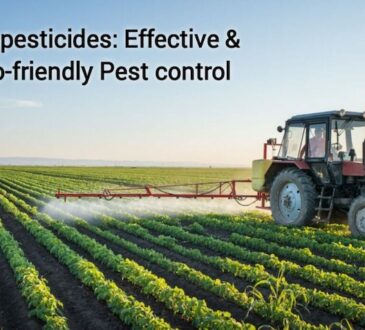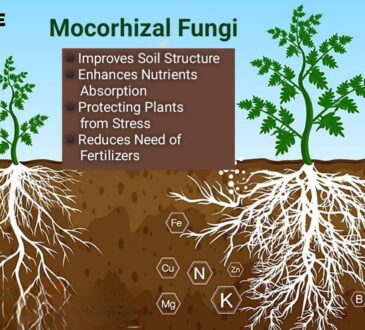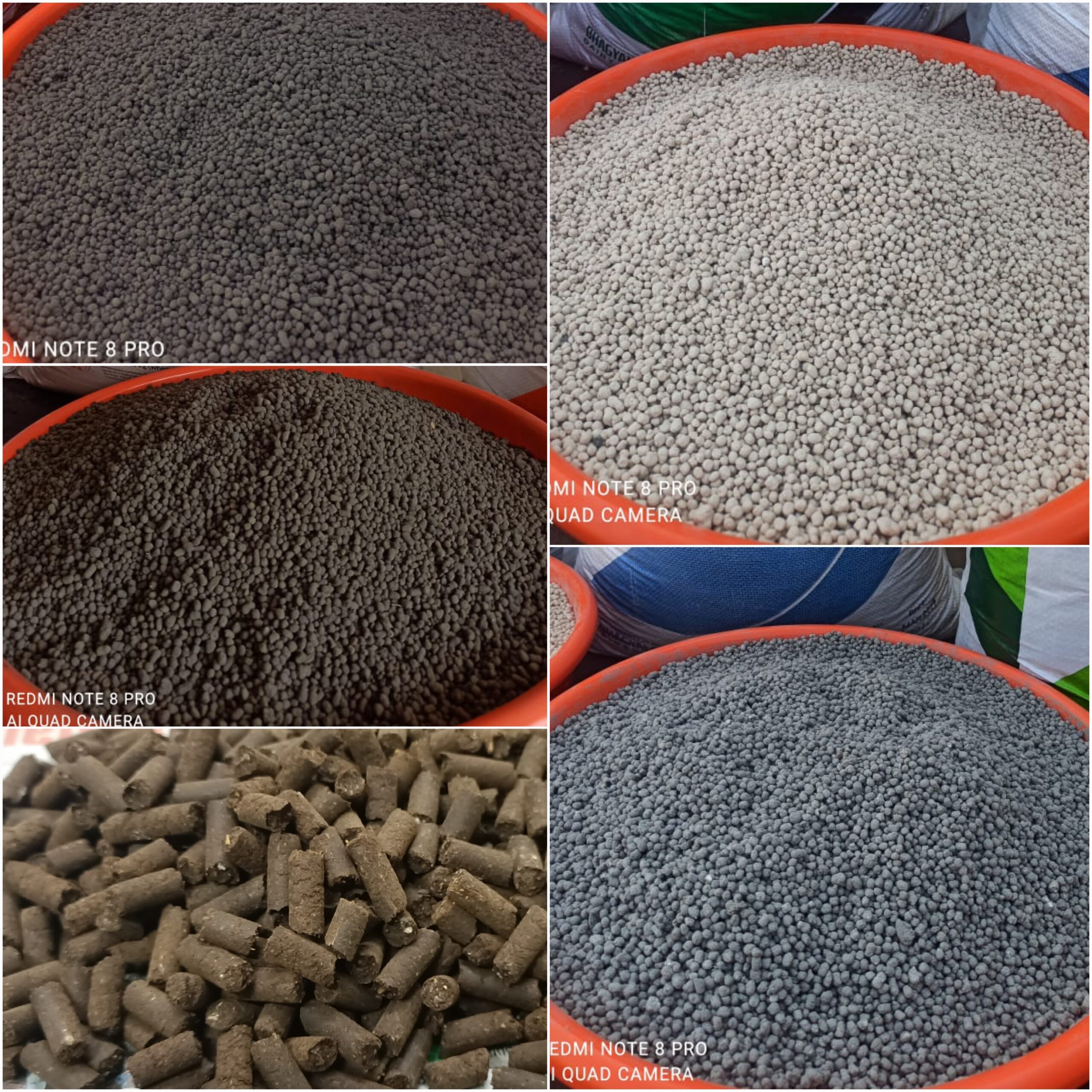
Introduction:
Manufacturing high-quality organic fertilizers is a crucial aspect of sustainable agriculture. However, the industry faces several challenges that can hinder the production process and affect the quality of the end product. Here is an in-depth look at some significant challenges and their potential solutions.

▪️𝐑𝐚𝐰 𝐌𝐚𝐭𝐞𝐫𝐢𝐚𝐥 𝐐𝐮𝐚𝐥𝐢𝐭𝐲 𝐚𝐧𝐝 𝐂𝐨𝐧𝐬𝐢𝐬𝐭𝐞𝐧𝐜𝐲
The quality of organic fertilizers heavily depends on the quality of the raw materials used. Organic inputs such as compost, animal manure, and plant residues can vary significantly in their nutrient content, moisture levels, and contamination by pathogens or heavy metals. This variability can lead to inconsistent product quality.
✅ 𝗦𝗼𝗹𝘂𝘁𝗶𝗼𝗻:
To address this issue, manufacturers can implement rigorous raw material selection and testing protocols. Establishing partnerships with reliable suppliers and setting strict quality standards can help ensure consistency. Additionally, pre-processing treatments such as composting, drying, and sterilization can enhance the quality and safety of raw materials.
▪️𝐍𝐮𝐭𝐫𝐢𝐞𝐧𝐭 𝐂𝐨𝐦𝐩𝐨𝐬𝐢𝐭𝐢𝐨𝐧 𝐚𝐧𝐝 𝐁𝐚𝐥𝐚𝐧𝐜𝐞:
Achieving the right balance of nutrients in organic fertilizers is complex. Organic materials often have imbalanced nutrient ratios, which can affect plant growth and soil health. Ensuring that fertilizers contain adequate levels of nitrogen, phosphorus, potassium, and micronutrients is critical.
✅ 𝗦𝗼𝗹𝘂𝘁𝗶𝗼𝗻:
Manufacturers can use nutrient balancing techniques, such as blending different organic materials and adding natural mineral supplements. Regular testing of the nutrient content during the production process can help in maintaining the desired nutrient balance. Using microbial inoculants can also enhance nutrient availability and improve soil health.

▪️𝐏𝐫𝐨𝐝𝐮𝐜𝐭𝐢𝐨𝐧 𝐏𝐫𝐨𝐜𝐞𝐬𝐬 𝐄𝐟𝐟𝐢𝐜𝐢𝐞𝐧𝐜𝐲:
The production process for organic fertilizers can be labor-intensive and time-consuming. Composting, fermentation, and curing require significant time and space, which can limit production capacity and increase costs.
✅ 𝗦𝗼𝗹𝘂𝘁𝗶𝗼𝗻:
Implementing process optimization techniques can significantly improve efficiency. This includes using advanced composting methods like aerobic and anaerobic digestion, which can accelerate decomposition. Investing in automation and mechanization for mixing, granulation, and packaging can also enhance production efficiency and reduce costs.
▪️𝐂𝐨𝐧𝐭𝐚𝐦𝐢𝐧𝐚𝐭𝐢𝐨𝐧 𝐚𝐧𝐝 𝐏𝐚𝐭𝐡𝐨𝐠𝐞𝐧 𝐂𝐨𝐧𝐭𝐫𝐨𝐥:
Organic fertilizers can be contaminated with pathogens, weed seeds, or heavy metals, posing risks to human health and the environment. Ensuring the microbiological safety of the product is a major concern.
✅ 𝗦𝗼𝗹𝘂𝘁𝗶𝗼𝗻:
To mitigate contamination risks, manufacturers can adopt stringent quality control measures. Thermal treatment methods such as pasteurization or pyrolysis can eliminate pathogens and weed seeds. Regular testing for contaminants and adhering to safety standards can ensure product safety. Good manufacturing practices (GMP) and Hazard Analysis Critical Control Points (HACCP) can be integrated into the production process to monitor and control contamination risks.

▪️𝐒𝐭𝐨𝐫𝐚𝐠𝐞 𝐚𝐧𝐝 𝐒𝐡𝐞𝐥𝐟 𝐋𝐢𝐟𝐞:
Organic fertilizers are prone to degradation over time, especially under unfavorable storage conditions. Moisture, temperature fluctuations, and microbial activity can affect the stability and efficacy of the product.
✅ 𝗦𝗼𝗹𝘂𝘁𝗶𝗼𝗻:
Proper storage practices are essential to maintain the quality of organic fertilizers. Using moisture-proof packaging and storing products in a cool, dry environment can extend shelf life. Incorporating natural preservatives and stabilizers can also help in maintaining product integrity during storage.
▪️𝐑𝐞𝐠𝐮𝐥𝐚𝐭𝐨𝐫𝐲 𝐂𝐨𝐦𝐩𝐥𝐢𝐚𝐧𝐜𝐞:
The production of organic fertilizers must comply with various regulatory standards and certifications. These regulations vary by region and can be complex and costly to meet.
✅ 𝗦𝗼𝗹𝘂𝘁𝗶𝗼𝗻:
Manufacturers should stay updated with the latest regulations and certification requirements. Implementing a robust quality management system (QMS) can help in achieving and maintaining compliance. Engaging with industry associations and regulatory bodies can provide valuable guidance and support in navigating the regulatory landscape.
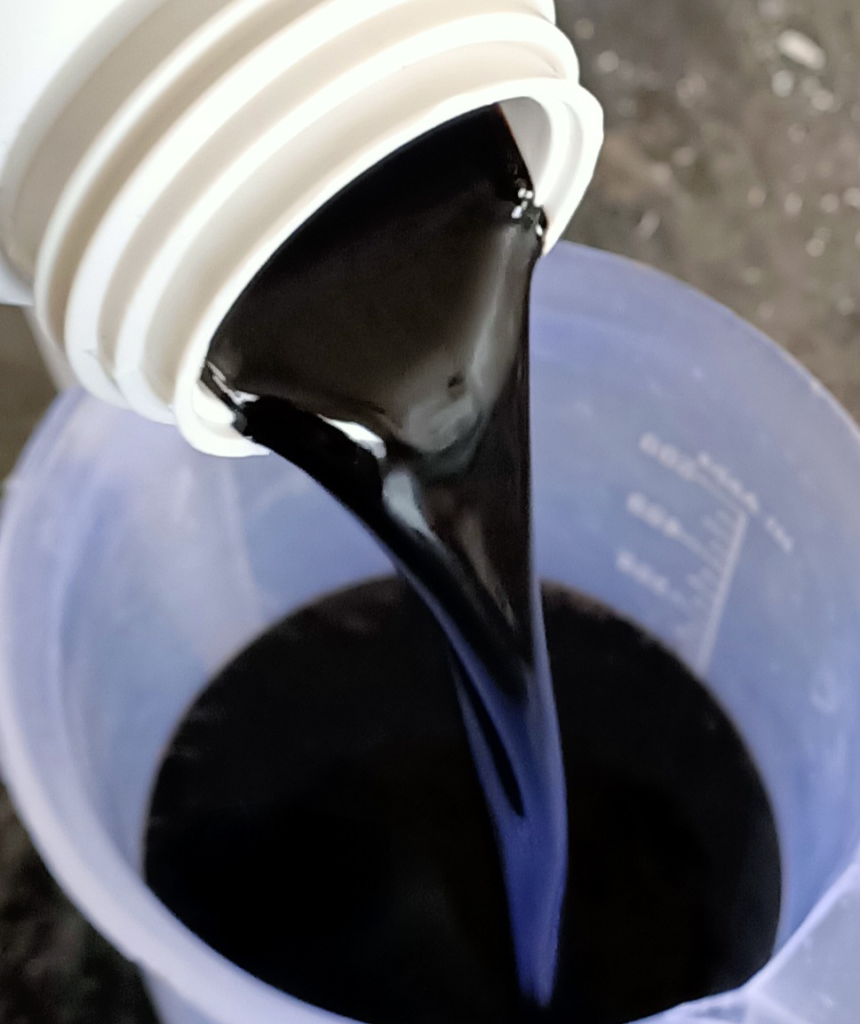
▪️𝐔𝐬𝐞 𝐨𝐟 𝐎𝐮𝐭𝐝𝐚𝐭𝐞𝐝 𝐄𝐪𝐮𝐢𝐩𝐦𝐞𝐧𝐭:
Many organic fertilizer manufacturers operate with outdated equipment, which can lead to inefficiencies, higher operational costs, and lower product quality. Old machinery may not meet modern safety and environmental standards.
✅ 𝗦𝗼𝗹𝘂𝘁𝗶𝗼𝗻:
Investing in modern, efficient equipment is essential for improving production processes. Upgrading to advanced machinery can enhance efficiency, reduce energy consumption, and improve product quality. Additionally, manufacturers can explore government grants or subsidies for upgrading equipment to ensure compliance with safety and environmental standards.
▪️𝐌𝐚𝐫𝐤𝐞𝐭 𝐂𝐨𝐦𝐩𝐞𝐭𝐢𝐭𝐢𝐨𝐧 𝐚𝐧𝐝 𝐂𝐨𝐧𝐬𝐮𝐦𝐞𝐫 𝐓𝐫𝐮𝐬𝐭:
The organic fertilizer market is highly competitive, with numerous products vying for consumer attention. Building and maintaining consumer trust is crucial for market success.
✅ 𝗦𝗼𝗹𝘂𝘁𝗶𝗼𝗻:
Emphasizing quality, transparency, and sustainability can differentiate a brand in the market. Providing detailed information about the product’s ingredients, production process, and benefits can build consumer trust. Obtaining organic certifications and endorsements from reputable organizations can also enhance credibility.

▪️𝐂𝐨𝐧𝐜𝐥𝐮𝐬𝐢𝐨𝐧:
The challenges in manufacturing high-quality organic fertilizers are multifaceted, ranging from raw material variability to the use of outdated equipment. However, with strategic approaches and technological advancements, these challenges can be effectively managed. By focusing on quality control, process optimization, equipment modernization, and regulatory adherence, manufacturers can produce high-quality organic fertilizers that support sustainable agriculture and meet the growing demand for eco-friendly agricultural inputs.
© Rahul Padwal, Pune.
India#organicfertilizers #biofertilizers #agriculture #organicfarming #climatechange #prom #compost


